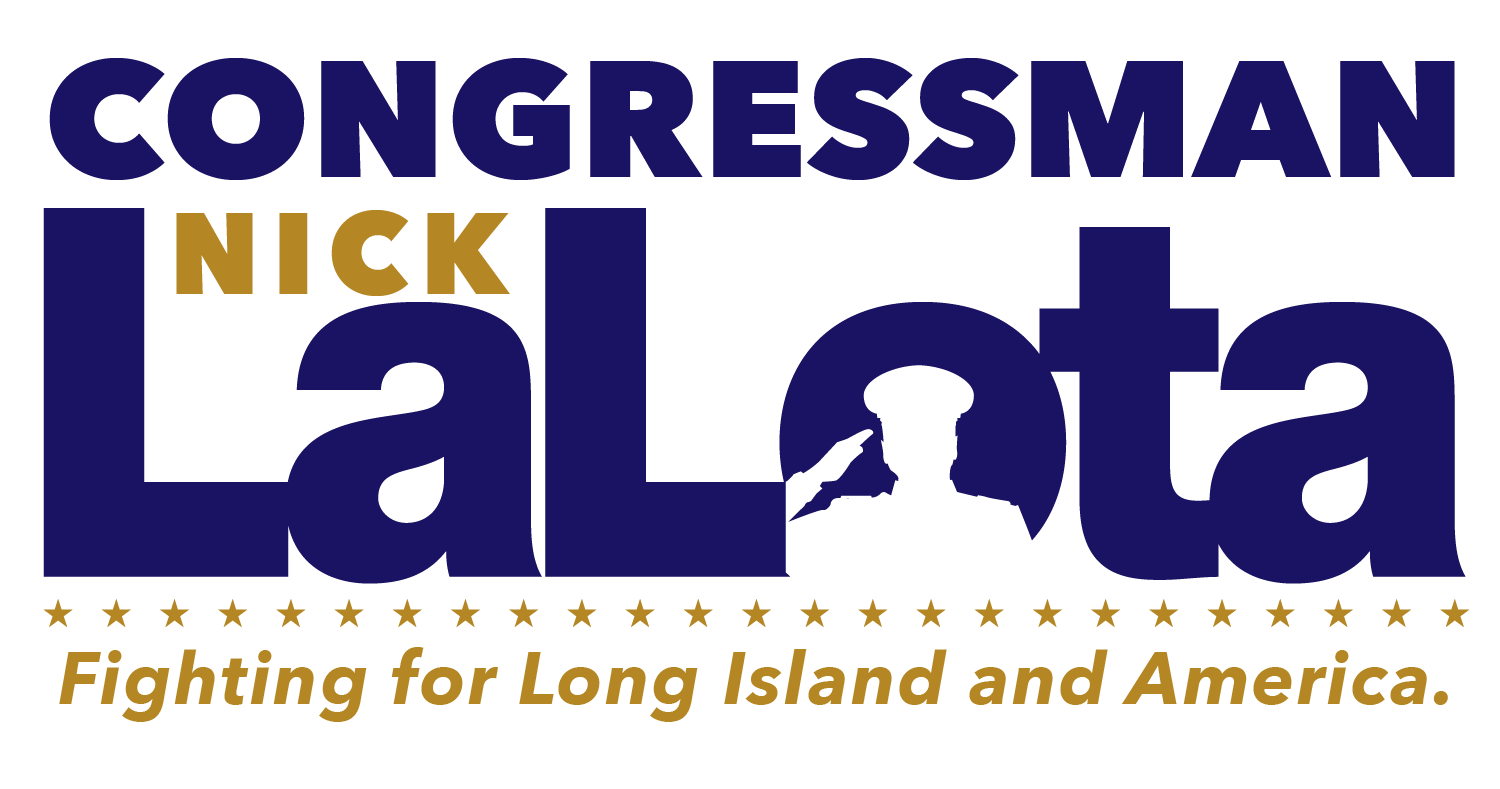Use of Military Force
Use of Military Force
Congress should support budgets and programs which ensure that America maintains the most lethal military on the planet– prepared to defend her national security interests. President Teddy Roosevelt informally referred to this policy as, “Speak softly and carry a big stick.”
As someone who was deployed to a region that harbors terrorists, I understand and support keeping bases and troops in and near different “hot spots” in the world. President Biden was wrong not to leave a contingent of about 1,000 US troops in Afghanistan to advise and assist the Afghan Government and Military to prevent the Taliban from retaking Afghanistan.
Having also deployed on an aircraft carrier, I understand and support building and maintaining aircraft carriers, nuclear submarines and the like. They serve as a deterrent to our nation’s enemies. Knowing that the United States merely could respond to their hostile actions, countries like China are less likely to become overtly belligerent towards America and her allies.
I am the brother of a Marine Sniper who earned a Bronze Star in Iraq. Knowing him and the culture of today’s American warrior class, few would blink if called to war. Still, Congress and the President owe it to our military men and women and their families to place them in harms’ way only when certain conditions are met. Such is the case because the cost of war is infinite and is always borne by the military men and women we send to combat, and their families— not the politicians.
When contemplating whether or not to take military action, the President and Congress must use the Powell Doctrine, named after General Colin Powell. The doctrine states that a list of questions all have to be answered affirmatively before military action is taken by the United States:
Is a vital national security interest threatened?
Do we have a clear attainable objective?
Have the risks and costs been fully and frankly analyzed?
Have all other non-violent policy means been fully exhausted?
Is there a plausible exit strategy to avoid endless entanglement?
Have the consequences of our actions been fully considered?
Is the action supported by the American people?
Do we have genuine broad international support?
